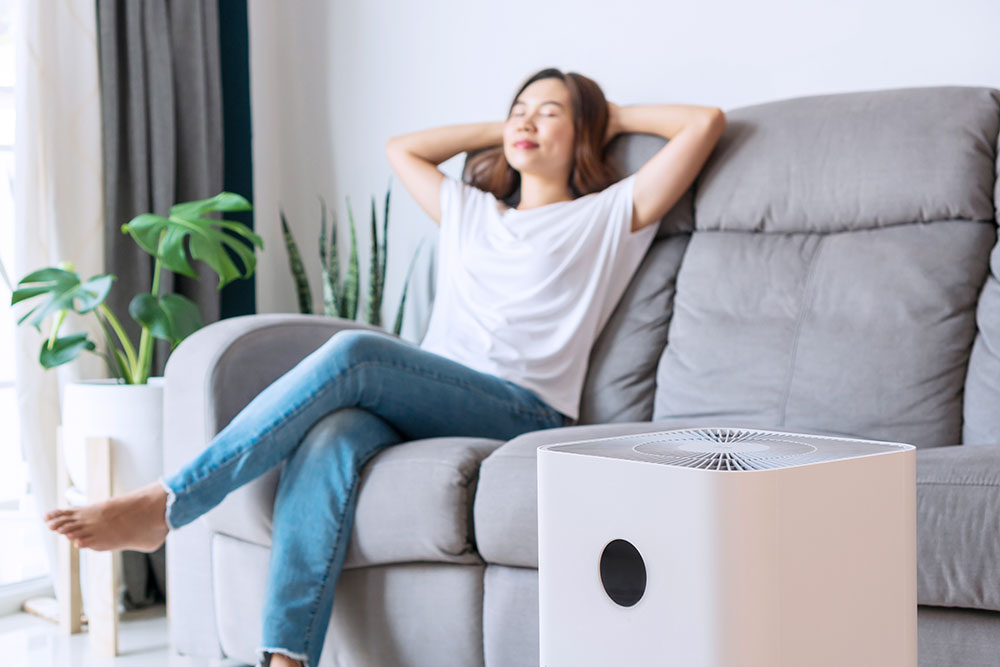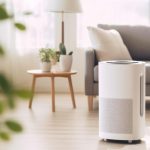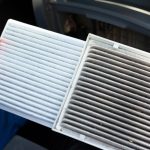Air purifiers have become essential in modern households, especially in regions with high pollution or allergens. However, a common concern among potential users is whether these devices dry out the air. This article delves into this topic, addressing frequent questions and providing clear, evidence-based answers to help you understand the impact of air purifiers on indoor humidity.
What Do Air Purifiers Do?
Air purifiers are designed to remove contaminants from the air, such as dust, pollen, pet dander, mold spores, and smoke. They work by drawing air through various filters and then releasing the cleaned air back into the room. Some advanced models also incorporate activated carbon or UV light to tackle odors and kill bacteria or viruses.
- Mechanical Filters: HEPA filters capture particles as small as 0.3 microns, effectively trapping dust, pollen, and other allergens.
- Activated Carbon Filters: These filters absorb odors and volatile organic compounds (VOCs), making the air smell fresher.
- UV Light Purification: Some air purifiers use UV light to destroy bacteria, viruses, and other microorganisms.
Do Air Purifiers Remove Moisture?
The short answer is no, air purifiers do not remove moisture from the air. Unlike dehumidifiers, which are specifically designed to reduce humidity levels by extracting water vapor, air purifiers focus solely on eliminating airborne pollutants.
- Mechanism of Action: Air purifiers use mechanical filters, electrostatic attraction, or UV light to clean the air. None of these methods involve the condensation or removal of water vapor.
- Humidity Impact: Scientific studies and user experiences confirm that the humidity levels in a room remain unchanged when using an air purifier.
Common Misconceptions About Air Purifiers and Dry Air
Despite the clear distinction between air purifiers and dehumidifiers, some people still report feeling that the air is drier when using an air purifier. Let’s address these misconceptions:
- Air Circulation: Air purifiers often circulate air rapidly, which can give the sensation of cooler and thus seemingly drier air. This is purely a perceptual effect rather than an actual decrease in humidity.
- Placement and Fan Speed: If an air purifier is placed too close to where you sit or sleep, the direct airflow can cause dryness in your nasal passages or skin. Adjusting the placement and fan speed can alleviate this issue.

Should You Use an Air Purifier All Night?
Running an air purifier all night can significantly improve air quality, especially for those with allergies or respiratory conditions. Continuous operation ensures that pollutants are consistently removed, maintaining a cleaner and healthier environment.
- Continuous Operation: Air purifiers work best when run continuously, as turning them off allows pollutants to accumulate again.
- Noise Levels: Modern air purifiers are designed to operate quietly, making them suitable for use during the night without disturbing sleep.
Do Air Purifiers Cause Dry Coughs or Other Discomforts?
A well-maintained air purifier should not cause dry coughs or other discomforts. However, using a low-quality device that emits ozone or placing it incorrectly might lead to irritation. Ensure your air purifier is properly maintained and follows safety standards.
- Quality and Maintenance: Regularly check and replace filters as recommended by the manufacturer to ensure the purifier functions effectively.
- Ozone Emission: Avoid air purifiers that emit ozone, as ozone can irritate the lungs and exacerbate respiratory conditions.
How to Maintain Humidity While Using an Air Purifier
If you find the air in your home too dry, especially in winter, consider using a humidifier alongside your air purifier. Here are some tips:
- Monitor Humidity Levels: Use a hygrometer to keep track of your indoor humidity levels. The ideal range is between 30-50%.
- Use a Humidifier: Adding a humidifier can balance the moisture levels, preventing the air from feeling too dry.
- Adjust Purifier Settings: Lower the fan speed of your air purifier if it creates too much airflow, contributing to the sensation of dryness.
- Proper Placement: Ensure the air purifier is placed in an optimal location, not too close to where you sit or sleep, to avoid direct airflow.
Conclusion
Air purifiers do not dry out the air; their primary function is to clean it. Understanding how these devices work can help alleviate any concerns about their impact on indoor humidity. By following the tips provided, you can enjoy the benefits of clean air without compromising on comfort.
If you have more questions or need personalized advice, feel free to Get a quote from us. We’re here to help you breathe easier and live healthier.



